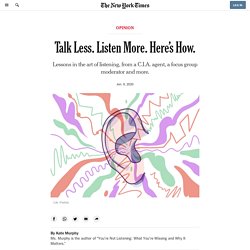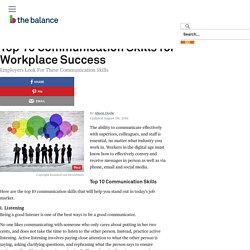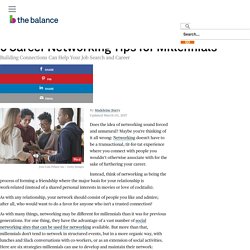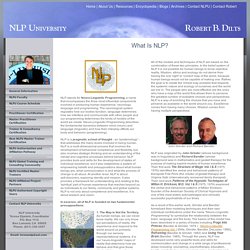

Talk Less. Listen More. Here’s How. Good listeners ask good questions.

One of the most valuable lessons I’ve learned as a journalist is that anyone can be interesting if you ask the right questions. That is, if you ask truly curious questions that don’t have the hidden agenda of fixing, saving, advising, convincing or correcting. Curious questions don’t begin with “Wouldn’t you agree…?” Or “Don’t you think…?” And they definitely don’t end with “right?” For example, when trying to find out why people might go to the grocery store late at night, a focus group moderator told me, she didn’t ask leading questions like, “Do you shop late a night because you didn’t get around to it during the day?”
You also want to avoid asking people personal and appraising questions like “What do you do for a living?” In social situations, peppering people with judgmental questions is likely to shift the conversation into a superficial, self-promoting elevator pitch. Instead, ask about people’s interests. Writing Effective Emails. Salary Negotiation Tips From FBI Negotiator Chris Voss. Top 10 Communication Skills for Workplace Success. The ability to communicate effectively with superiors, colleagues, and staff is essential, no matter what industry you work in.

Workers in the digital age must know how to effectively convey and receive messages in person as well as via phone, email and social media. Top 10 Communication Skills Here are the top 10 communication skills that will help you stand out in today's job market. 1. ListeningBeing a good listener is one of the best ways to be a good communicator. No one likes communicating with someone who only cares about putting in her two cents, and does not take the time to listen to the other person. 2. Also pay attention to other people's nonverbal signals while you are talking. Nonverbal Communication Skills 3. Say what you want clearly and directly, whether you're speaking to someone in person, on the phone, or via email.
Verbal Communication Skills 4. Interpersonal Skills List 5. 6. 7. 8. Convey respect through email by taking the time to edit your message. 9. 6 Career Networking Tips for Millennials. Does the idea of networking sound forced and unnatural?

Maybe you're thinking of it all wrong: Networking doesn't have to be a transactional, tit-for-tat experience where you connect with people you wouldn’t otherwise associate with for the sake of furthering your career. Instead, think of networking as being the process of forming a friendship where the major basis for your relationship is work-related (instead of a shared personal interests in movies or love of cocktails). As with any relationship, your network should consist of people you like and admire; after all, who would want to do a favor for anyone who isn't a trusted connection? As with many things, networking may be different for millennials than it was for previous generations. For one thing, they have the advantage of a vast number of social networking sites that can be used for networking available. Top Networking Tips for Millennials: 1. MORE: 5 Assumptions Your Interviewer May Have About Millennials 2. 3. 4. Forbes Welcome.
20 Useful Words and Phrases for Top-Notch Essays Infographic. Higher Education Infographics 20 Useful Words and Phrases for Top-Notch Essays Infographic 20 Useful Words and Phrases for Top-Notch Essays Infographic Being inspired and following some basic rules of writing may not be enough to create an outstanding essay.

Your great ideas can be ignored and underrated if your vocabulary is poor. With the 20 Useful Words and Phrases for Top-Notch Essays Infographic, you will learn how to use 20 useful phrases – attractive synonyms, which will improve your writing instantly. Instead of “and” try to use: FurthermoreLikewiseSimilarlyAs well asWhat’s more Instead of “but” try to use: On the other handThen againHaving said thatHoweverYet For general explaining try to use: In other wordsTo that endThat is to sayYo put it another wayIn order to Instead of “for example” try to use: For instanceLet’s sayIn particularTo give an illustrationMarkedly Via: essaypro.com Embed This Education Infographic on your Site or Blog!
What Is NLP? NLP stands for Neuro-Linguistic Programming, a name that encompasses the three most influential components involved in producing human experience: neurology, language and programming.

The neurological system regulates how our bodies function, language determines how we interface and communicate with other people and our programming determines the kinds of models of the world we create. Neuro-Linguistic Programming describes the fundamental dynamics between mind (neuro) and language (linguistic) and how their interplay affects our body and behavior (programming). NLP is a pragmatic school of thought - an 'epistemology' - that addresses the many levels involved in being human. NLP is a multi-dimensional process that involves the development of behavioral competence and flexibility, but also involves strategic thinking and an understanding of the mental and cognitive processes behind behavior.
In essence, all of NLP is founded on two fundamental presuppositions: 1. 2.